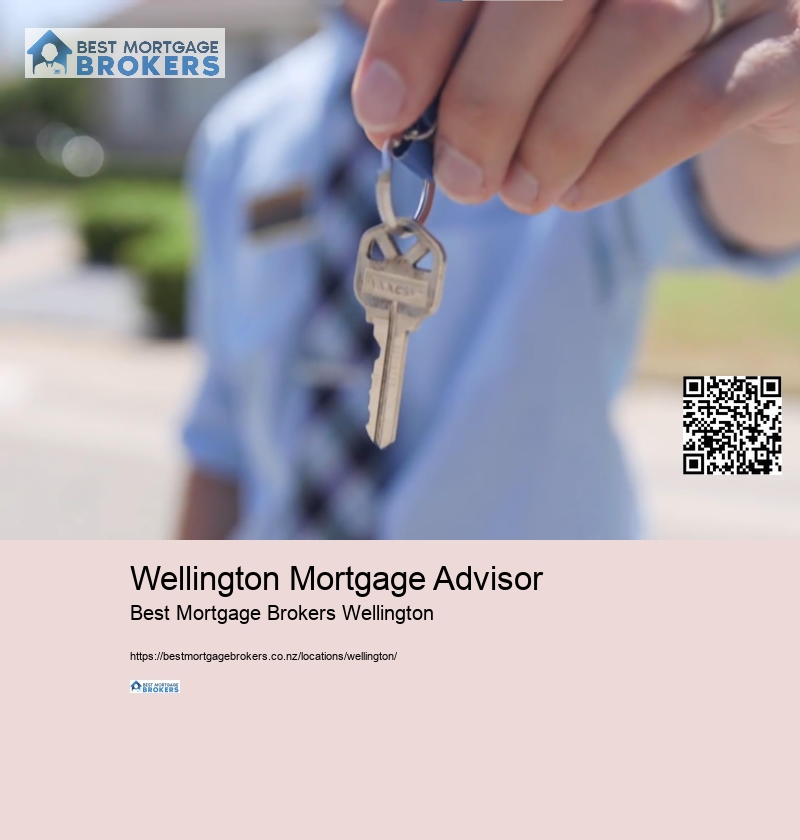Wellington Mortgage Advisor
residential property
Lenders use credit scores to assess the risk of lending money to an individual. A higher credit score typically results in lower interest rates, as it indicates a lower risk for the lender. On the other hand, a lower credit score may lead to higher interest rates or difficulty in securing a loan.
Fixed-rate mortgages often have higher initial interest rates compared to adjustable-rate mortgages, which can offer lower rates initially but may fluctuate over time. Additionally, the length of the loan term can impact the interest rate, with shorter terms usually having lower rates but higher monthly payments.
One essential tip is to start by assessing your financial situation realistically.
Wellington Mortgage Advisor - investment property
- personalized financial solutions
- investment property
- financial expertise
- mortgage specialist
- mortgage advisor
- financial advisor
- mortgage advice
- new home
Next, consider getting pre-approved for a mortgage. This process involves a lender reviewing your financial information to determine the loan amount you qualify for.




